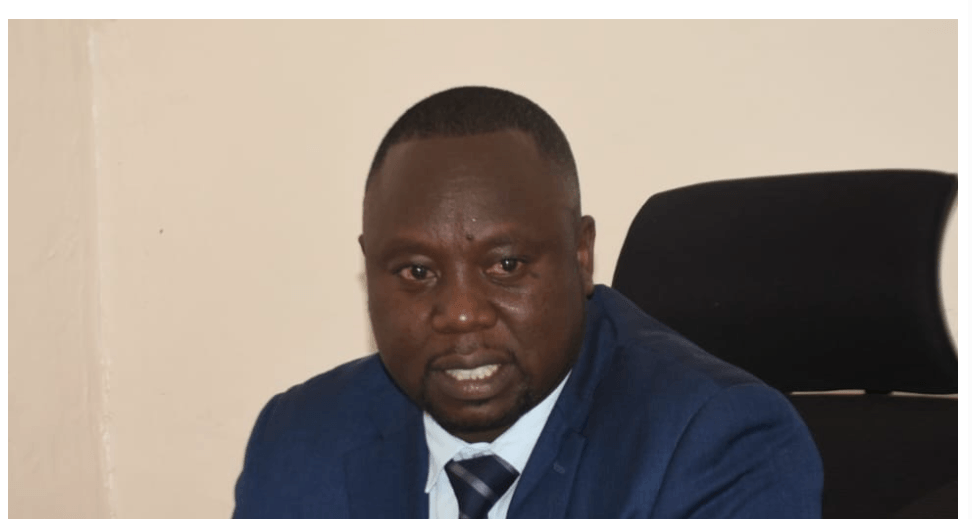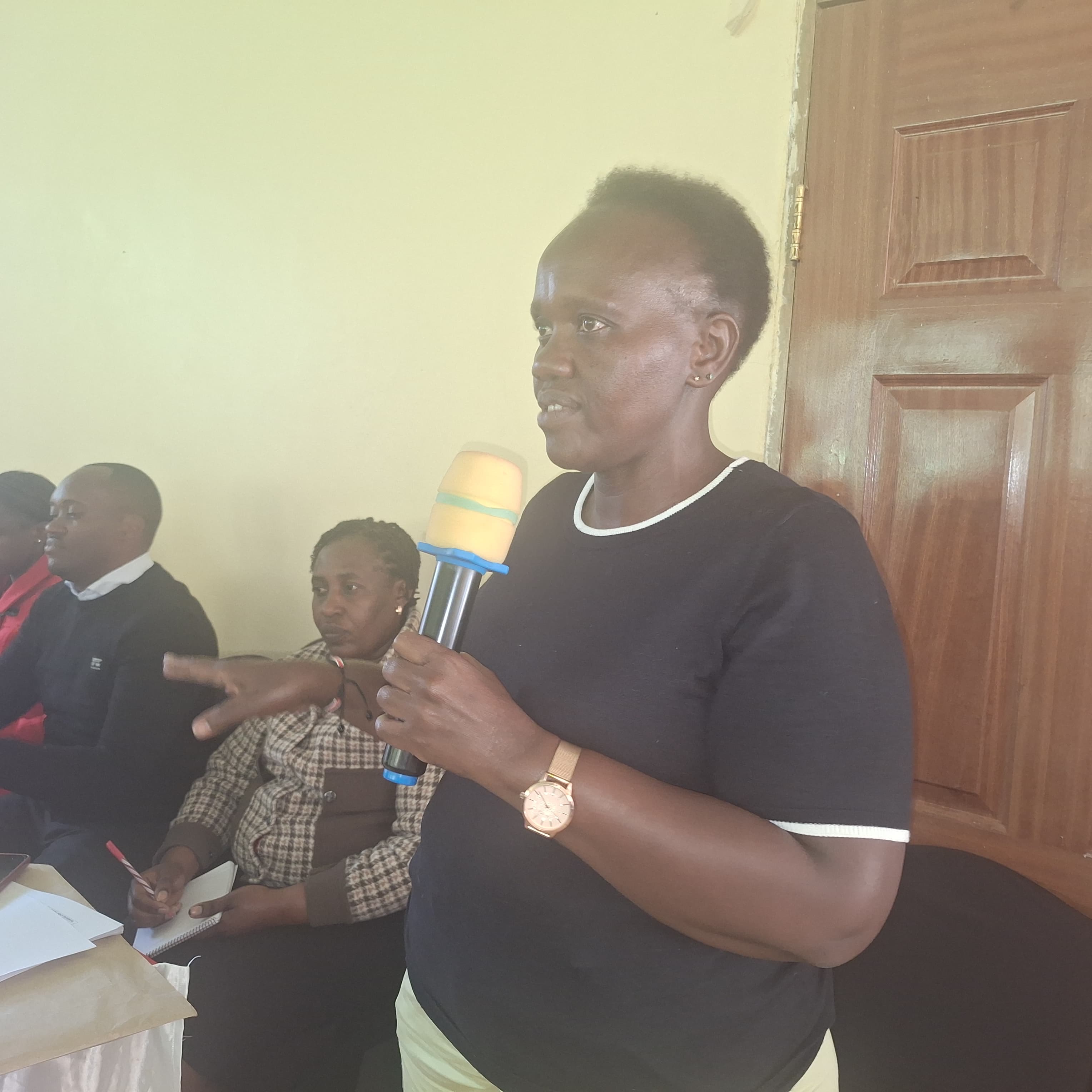

Uasin Gishu County is hosting a
series of land clinics to
sensitise and empower residents on land rights, titling, laws, and the use
of alternative justice systems to resolve disputes.
The initiative, spearheaded by the department of lands, seeks to promote
sustainable land management and enhance public awareness through community engagement
across the county.
County executive for lands Edward Sawe said land remains a key
resource for wealth creation and community empowerment.
“That is why we have taken measures
to educate our people on land matters — including how best land can be utilised
as a resource to transform communities,” he said.
One of the first clinics was held in
Moi’s Bridge town, attracting a
large number of residents, landowners, and community leaders eager to learn
about land governance and planning.
The session focused on succession, titling, forward planning,
development control, land rates, and plan approvals. The county is
implementing the land clinics with support from the Food and Agriculture Organization, a key partner in
promoting responsible land governance and awareness.
Sawe said one of the central themes
of the Moi’s Bridge session was the alternative justice system — a people-centered approach that helps communities
resolve land and succession disputes amicably without resorting to lengthy and
costly court processes.
He noted that the county is working
closely with the Judiciary to
enhance awareness of AJS, which has proven effective in reducing the backlog of
land-related cases.
According to official records, more
than 7,000 land cases are still
pending before courts in Eldoret City.
The Moi’s Bridge session was led by assistant directors Charles Kimani and
Cyprian Chesire, who guided participants on forward planning,
development control, and compliance with county spatial plans to support
organized urban growth.
Also present was Moi’s Bridge town manager Isaac Kosgey,
who commended the initiative for taking technical expertise closer to the
people.
“These land clinics give residents
an opportunity to understand planning processes, regularise developments, and
ensure proper payment of land rates,” he said.
National
Land Commission coordinator Bwire Lineka and land surveyor Betty Toroitich sensitised residents on land registration
procedures and title issuance steps.
FAO’s
Linda Opiyo applauded the county for bridging
the information gap between land institutions and the public.
“These clinics are empowering
communities to make informed decisions about their land and resolve disputes
faster and peacefully,” she said.
Assistant county commissioner Mellen Chitere
praised the initiative, terming it a groundbreaking effort to bring government
services closer to the people.
“This is one of a kind — a rare
opportunity for residents to directly engage with experts on all matters of
land. I urge everyone to take full advantage of it,” she said.













